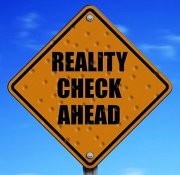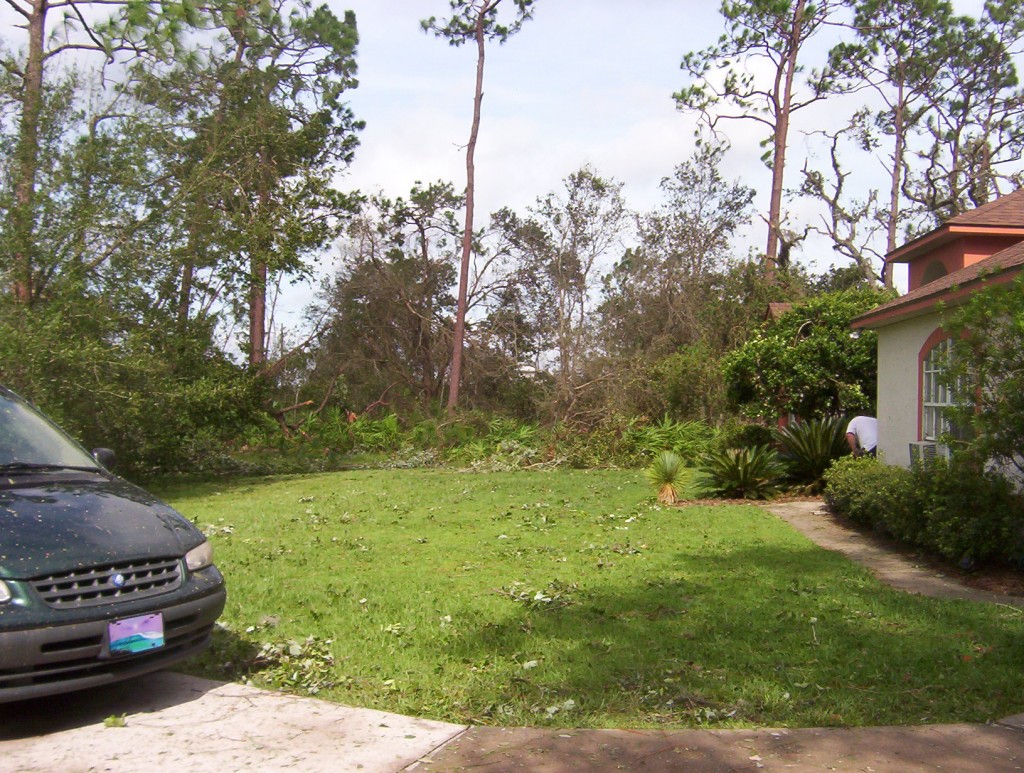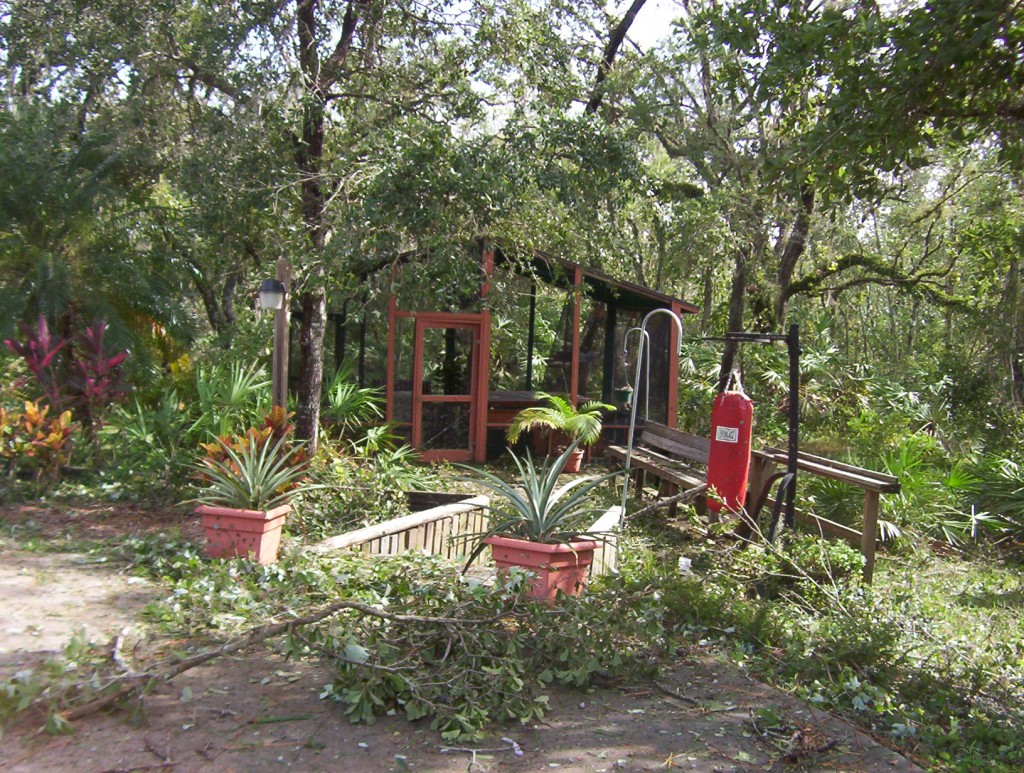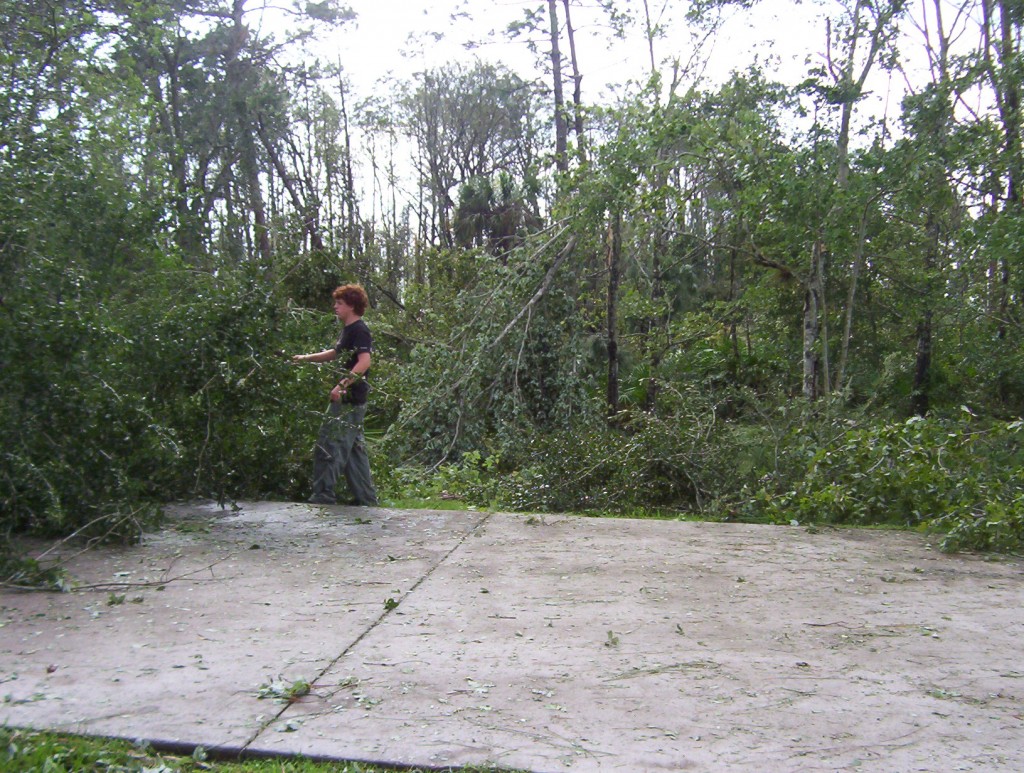My mother passed on to her eternal home in 1994. She’s been gone twenty three years now and in many ways I’m happy for her. A strange thing to say? Maybe? But most of what I remember about my mother was the difficulties she endured.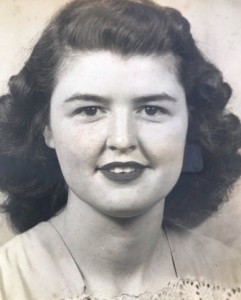
Shortly after I was born, she had a complete and devastating nervous breakdown and was committed to Willard State Psychiatric Hospital in upstate New York for several years. Over my lifetime, I’ve heard bits and pieces of family speculation and attempted to piece ambiguous information together, but I still don’t really know why. These things were not discussed openly by previous generations as they are now.
My older brother went into foster care and I was shuffled around between grandparents and a few aunts and uncles before finally landing with a family down the street who had five kids of their own. They took me in and it was because of them and out of desperation to see his family reunited, that my Dad had his come to Jesus experience. Though our family life was imperfect, and at times dysfunctional, I was raised with a foundation of Bible, church and a solid belief in God that later became an anchor for my own life storms.
When Mom finally came home from Willard, she wasn’t the same, at least that’s what I was told. I don’t remember her to be anything other. She was just Mom. She was somewhat timid, emotionally fragile and often fearful, yet I knew she loved me, though I have no memory of her ever saying so.
She was a cigarette addict (wasn’t everyone in the 50’s?), married to a hard-working, sometimes overbearing and exacting man, she never learned to drive and developed rheumatoid arthritis sometime in her thirties. I would come home from school to find her sobbing on the sofa, a knee or wrist so painfully red and swollen she couldn’t function. Mom never went to a doctor and never took anything for the pain but aspirin, which does nothing to alleviate any of RA’s symptoms, as I would later discover for myself.
I remember her walking me to kindergarten and later, on days I walked home from elementary school for lunch, there was usually a grilled cheese sandwich and hot Campbells soup waiting on the small table in the corner of the kitchen. On days she felt better, she’d be in the kitchen cooking meals or doing endless loads of wash and hanging heavy, wet clothes on the rope stretched between the shed and the sour cherry tree in our backyard.
Because she didn’t drive, I’d sometimes ride my pink, banana-seat bike two miles to the corner store, with a note giving me permission to purchase a pack of cigarettes. An extra nickel or dime would buy me some penny candy, then I’d happily pedal back home. On hot summer days, she’d occasionally hand me a dime, and I’d dash to the curb for a cherry snow cone from Mr. Frosty’s truck.
Somewhere toward the close of her fiftieth decade, RA got the best of her. She couldn’t walk anymore. With the cushioning cartilage and synovial fluid in her knees gone, the joints fused and locked in place. She finally had wheels of her own – a wheelchair – and Dad became her caregiver. Several years passed before he couldn’t lift her anymore. At age sixty she went to live in a nursing home and at sixty-two she died of cancer. Unfortunate for us, but fortunately for Mom, only in that her wheelchair, pain and emotional suffering stayed behind when she left this earth.
What I remember most about my mom? She was always there for her family and rarely complained. She didn’t whine, claim entitlement or victim-hood. With no social media on which to unveil every detail of her life and in the oblivion of my youth, I gave little thought to the difficulties she faced. It wasn’t until I developed rheumatoid arthritis in my mid-twenties and had a family of my own that I came to appreciate my mother’s perseverance.
I wonder what dreams she had as a young girl and if she ever felt slighted because her life didn’t go as planned. Like so many mothers, she did the best she could under difficult circumstances and well into my adult years, I realized a simple truth; parents are human too and perfected people are non-existent. A sure mark of maturity is realizing this and forgiving ours for being flawed and possibly less than we hoped for.
Maybe ingrained deep within my DNA, is a measure of my mother’s endurance; an assistant in carrying me through life, as it did her. Someday I will tell her how grateful I am for the legacy she left me.
“I have fought the good fight, I have finished the race, I have kept the faith.” 2 Timothy 4:7


